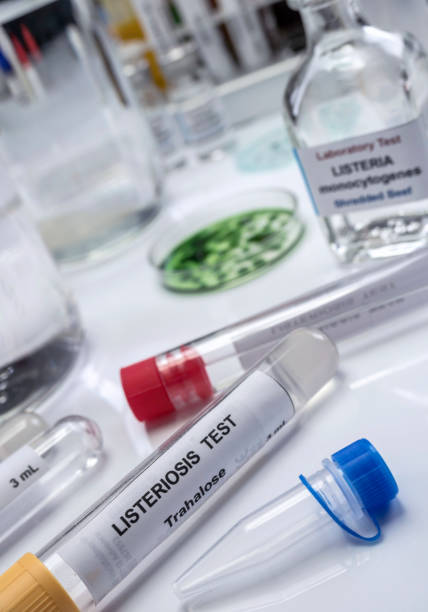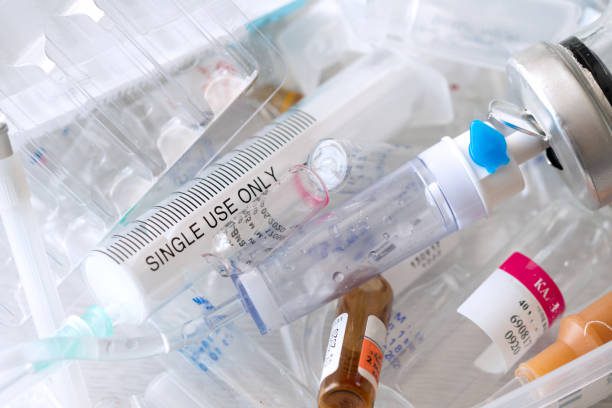Ways To Generate Income From Clinical Wastes
Any waste produced when diagnosing, treating, or immunizing people or animals are referred to as clinical wastes. Sharps (needles and syringes), human tissue, and medical devices that have been in touch with body fluids might all fall under this category.
To safeguard both human health and the environment, these materials which carry a risk of infection must be handled carefully and disposed of properly. Depending on the nation and location, different handling, packing, and transportation standards are required for the disposal of clinical waste.
To safeguard the environment and the general public’s health, clinical waste management is crucial. Best practices for controlling clinical waste include the following:
Segregation: To avoid contamination, clinical waste has to be kept separate from other waste kinds.
Labeling: Clinical waste has to be appropriately labeled and kept in designated bins.
Transport: Clinical waste should be delivered to the proper disposal location in sealed, leak-proof containers.
Disposal: It is important to follow all local and federal requirements while getting rid of clinical waste. This might entail autoclaving or incineration.
Training: Employees handling clinical waste should get instruction on correct handling and disposal techniques.
You should verify with the appropriate authorities to guarantee compliance since each nation has its own laws and rules regulating the disposal of clinical waste.
For a number of reasons, proper clinical waste management is crucial. First, it promotes public health by halting the transmission of contagious illnesses. Sharps and infectious trash should be disposed of properly to prevent the spread of dangerous infections.
Second, it aids in environmental preservation. Clinical wastes should be disposed of properly to prevent pollution of the land and water, which might impact animals and ecosystems.
Thirdly, it makes sure that local, state, and federal laws are followed. Clinical waste disposal is governed by laws and regulations in many nations, and breaking these rules or regulations may result in fines or other consequences.
The last benefit is that it keeps the atmosphere safe for healthcare staff to work in. Following the correct waste management standards may help prevent unintentional accidents among healthcare workers caused by improper disposal of hazardous items.
Negligent treatment of clinical wastes may have detrimental effects on the environment and human health. Clinical waste should never be disposed of improperly. Doing so might result in the spread of infectious illnesses, pollution of soil and water, and damage to animals.
Additionally, improper handling or sterilization of clinical waste might result in the discharge of dangerous contaminants and substances. For the treatment, storage, and disposal of clinical waste, it is crucial to adhere to the right norms and recommendations in order to reduce any possible dangers to the environment and public health.
Read Also: Importance Of Water And It’s Unique Properties
Ways To Generate Income From Clinical Wastes

(1) Incineration
Burning medical waste to create electricity is one approach to get money from it. In this method, the waste is burned at high temperatures to produce steam, which powers turbines and produces energy.
Clinical waste, which is defined as any waste produced in the diagnosis, treatment, or vaccination of humans or animals, may be disposed of by incineration. In order to turn the waste into ash, it must be burned at high temperatures.
Usually exceeding 850 degrees Celsius. By sterilizing the trash and reducing its volume, this type of disposal makes it safer and simpler to handle. However, as incineration generates pollutants and greenhouse gases, it’s critical to employ the right technology and adhere to the right rules to reduce these effects.
(2) Recyclability
Recycling medical waste is an additional approach to get money from it. Recycling products like glass, paper, and plastic may be a part of this. Clinical waste is often not recycled since it is seen as dangerous.
Usually, it has to be sanitized, packed, and disposed of in a medical waste landfill or burned at a high temperature to destroy any infectious organisms. It’s vital to remember that only certain clinical waste, including specific plastics, metals, and papers, may be recycled or reused.
(3) Garbage dump
Clinical waste disposal is the practice of dumping medical waste in a landfill. Sharps (needles, syringes, etc.), lab cultures and stocks, and pathological waste are examples of this sort of trash.
Due to the risk of environmental contamination and threats to public health, landfilling is not regarded as the ideal method for getting rid of medical waste.
Alternative techniques including cremation, shredding, and sterilizing are often seen to be safer and more efficient. Clinical waste is regarded as non-recyclable trash and may be landfilled. The money might be made by charging a charge for the rubbish to be collected or by selling the site to a waste management firm.
(4) Recycling
Any garbage produced by medical institutions, including hospitals, clinics, and labs, is referred to as clinical waste or medical waste. Sharps (needles, scalpels, etc.), lab cultures and stocks, and other potentially infectious items may all be included in this garbage.
It is not advised to compost medical waste since the high temperatures needed to do so may not be adequate to eradicate all possible germs. Additionally, some substances, including sharp objects, might be dangerous for anyone handling compost.
Read Also: How To Generate Money From Animal By-products
Clinical waste has to be managed and disposed of correctly, according to local laws and regulations. This often entails the separation of various waste categories, such as hazardous chemicals and sharps, and disposal via a certified medical waste management organization.
Soiled dressings, plasters, and swabs from medical procedures may be composted to provide fertilizer for farming. For a number of reasons, composting clinical wastes, including medical and dental supplies, is crucial. First of all.
It lessens the quantity of garbage that is dumped in landfills, which may aid in resource conservation and lower greenhouse gas emissions. Second, composting may aid in the neutralization of any hazardous bacteria and pollutants in the waste, making it safer to dispose of.
Additionally, composting is a sustainable approach to turn organic waste, including food scraps and yard trash, into a nutrient-rich soil supplement that may be used to enhance soil quality and encourage plant development.
Composting clinical wastes may assist to lessen its negative effects on the environment, enhance public health and safety, and support sustainable resource management.
(5) Businesses that dispose of medical waste
There are businesses that are focused on collecting, moving, and getting rid of clinical waste. These businesses may make money by providing their services.
The collecting, transportation, and disposal of clinical waste, which includes objects like spent needles, sharps, and other materials contaminated with body fluids like blood, is a specialty of clinical waste disposal firms.
As well as labs and research organizations, these businesses often provide services to hospitals, clinics, medical offices, and other healthcare facilities.
They could also provide other services including biohazard cleanup, hazardous waste disposal, and document destruction. The environment department oversees these businesses.
It is important to remember that the amount of money made by clinical waste depends on the nation, its laws, the kind of waste produced, and other factors.
To establish the most practical and legal approach to make money from clinical waste, it is advised to speak with local authorities and trash management specialists.
Read Also: Breeding Methods In Rabbit Keeping



